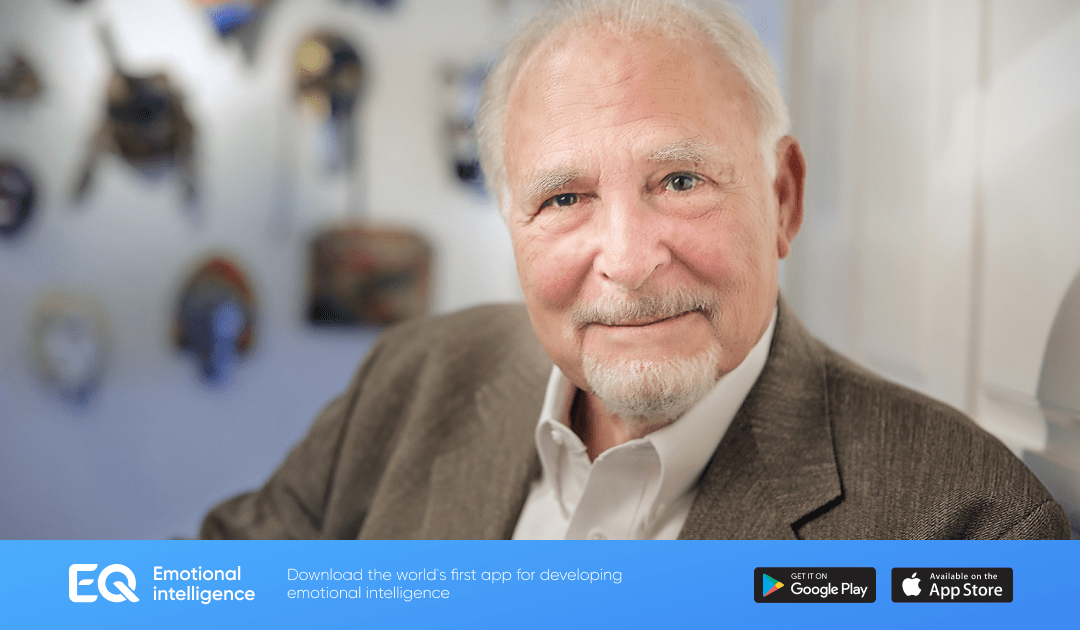When we are overwhelmed by an inappropriate emotion, we interpret what is happening according to how we feel and ignore the information that does not match our feeling.
Paul Ekman is an outstanding scientist, the author of the euro cultural theory of emotions – one of the most authoritative (and most criticized) theories of emotions, and made a huge contribution to the development of profiling, neurotechnologies, and lie verification.
Emotions, according to Ekman, are special mental processes arising in response to events in the external world. A very important point: emotions arise, that is. are phenomena independent of our will, no matter how much we want to restrain them, a situation will arise and they will arise.
The second important postulate of the theory is the presence of “imprints” of emotions in the human body. Simply put, each emotion corresponds to a set of special physiological and muscular changes that can be used to uniquely identify the emotion a person is feeling. Physiological changes include heartbeat, breathing, the hormonal composition of blood, pressure, the electrical activity of the skin, etc. Muscle changes primarily mean facial expressions.
Basic emotions according to Paul Ekman are:
1) A specific universal signal that arose in evolution to inform individuals of their species about what happened to the experience. From these positions, emotions that have a specific expression on the face are basic.
2) Basic emotions are always associated with specific physiological changes in the body that distinguish one emotion from another. Each emotion needs adaptation to solve the fundamental tasks of the body.3) A basic emotion is accompanied by an automatic assessment of the situation that causes it. It happens quickly and unconsciously.
4) This assessment of the situation is universal about all events capable of causing a basic emotion.
5) Basic emotions exist in all primates and arise in evolution to solve specific tasks
6) Basic emotions are characterized by a quick start, short course, and involuntary occurrence.
7) Each basic emotion triggers a specific set of thoughts, memory images, and a specific experience.


Recent Comments